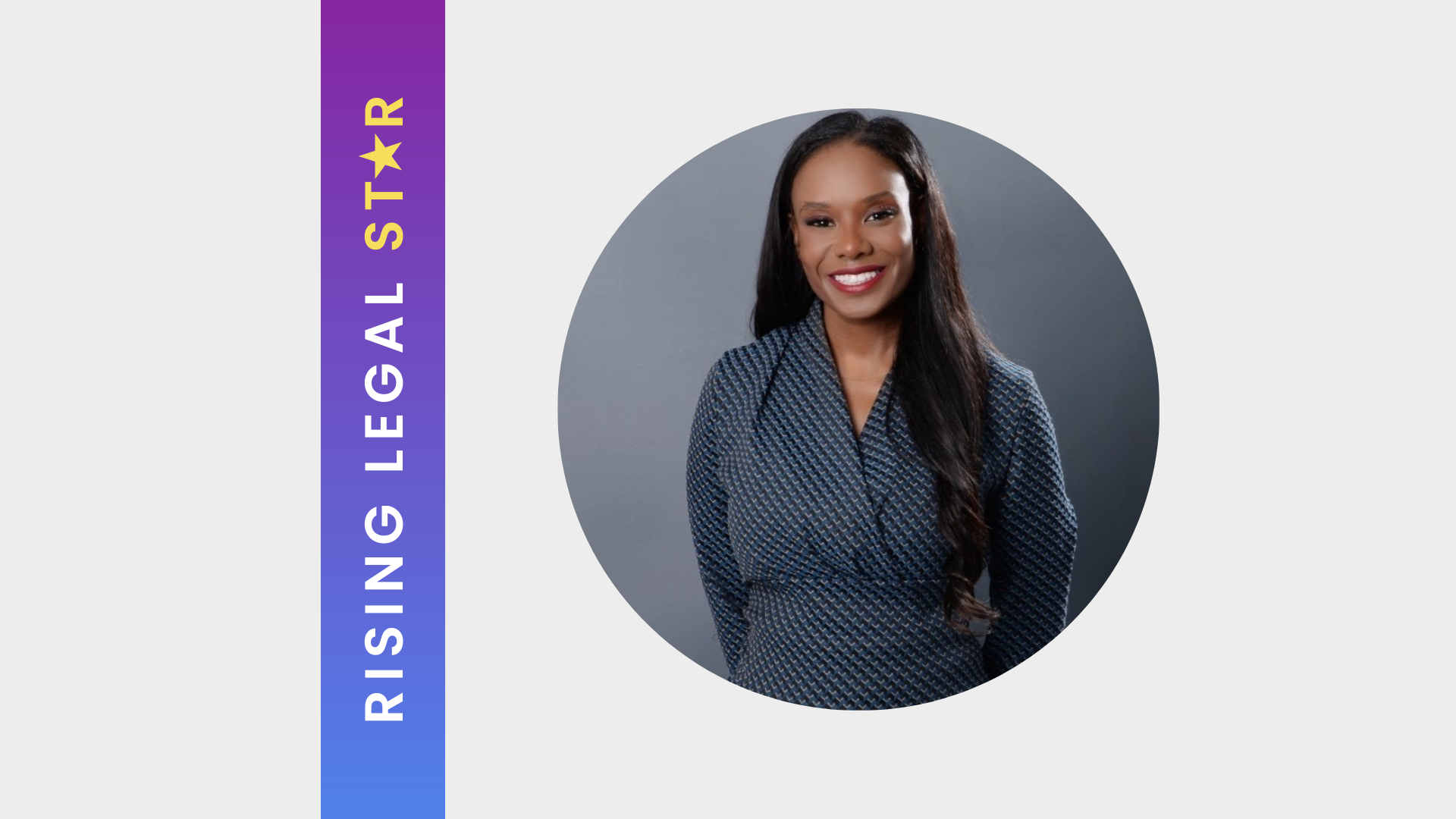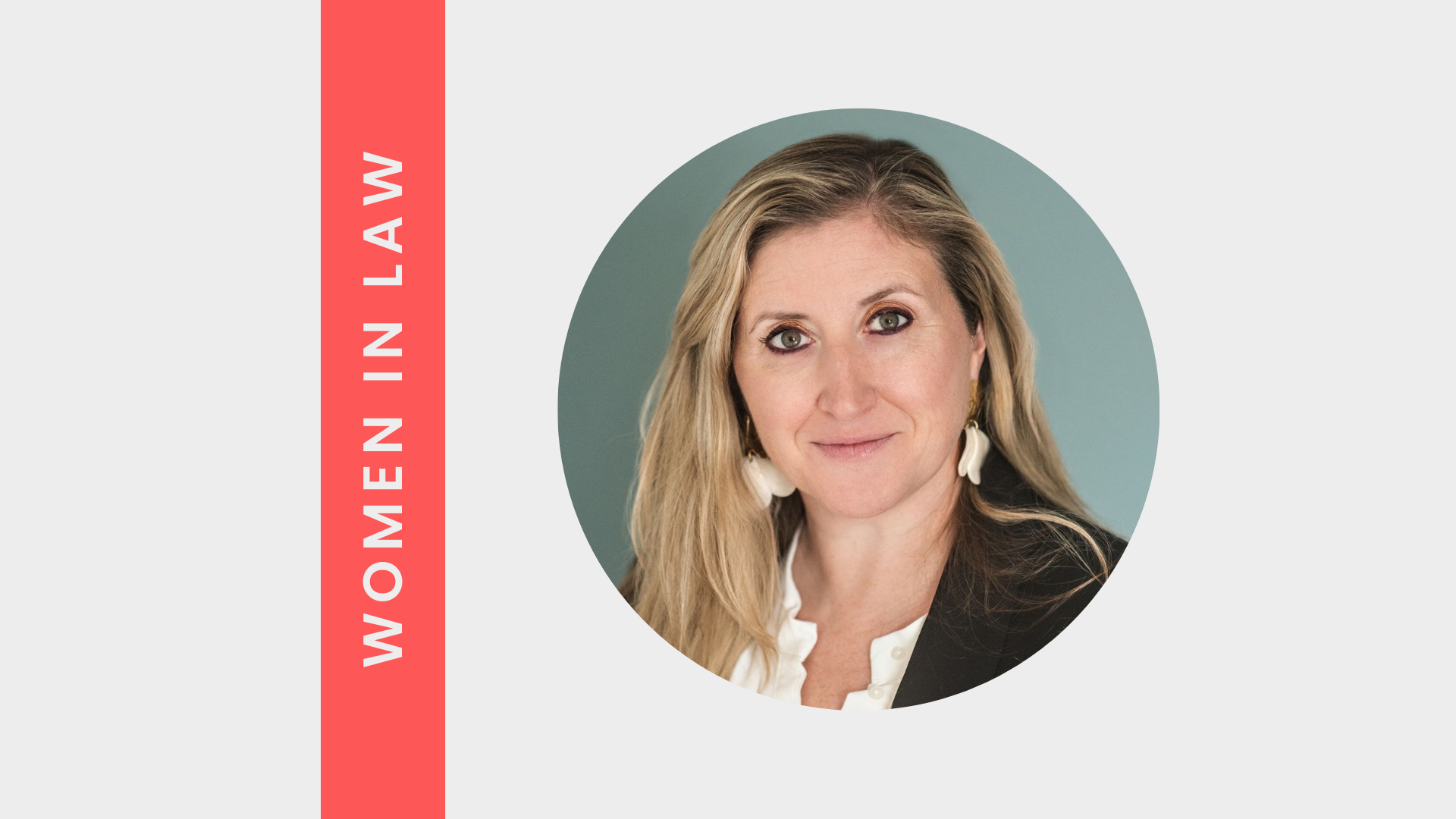Keeping up with the LifeSci team: Danniella Roche
I first joined Hydrogen back in October 2020 after finishing my degree in Neuropsychology. The job market was suffering from the effects of the COVID pandemic and things were looking rather bleak! I was just about to look into starting my Master’s degree when I was referred to Hydrogen through a friend of mine who works in Rec2Rec. After meeting the team, I immediately felt that this was the opportunity for me. Not only was there a great atmosphere, but there was also an endless opportunity for growth and the opportunity to build something of your own. I’m lucky to say I’ve found something that enables me to learn each day while using my psychology background, and of course, being a part of an amazing team!
What do you feel attracts candidates to your industry/niche the most?
There are several advantages, a big one being the exposure candidates gain to a number of international blue-chip companies such as Novartis, Pfizer, and Johnson & Johnson as it’s a very project-driven niche. Not only do you get exposure to different clients, but the skillsets are transferable meaning you’re able to work across different industries like chemical, pharmaceutical, renewables, and datacentre as well in various locations. A lot of the time these types of roles enable flexibility with remote working meaning you can have a better quality of life. The fact that this is a project-driven niche means that there will always be a need for project controllers, for every EPCM project there will be a project controls function, for every concept a company wants to initiate they will need a project controller.
How’s the candidate’s work-life balance in your niche?
From speaking to candidates I’ve placed in the past, whether it be cost engineers or project planners, there seems to be a relatively good work-life balance within this niche. Although project controllers are involved in every stage throughout the project lifecycle, the nature of the work allows them more flexibility with working from home, meaning they have the power to structure their days the way they like, spend more time with family, and less time traveling between sites.
What is the next exciting evolution you see in your industry? Why would they move from another industry?
One of the evolutions I’ve seen recently is the movement of project controllers between industries. In the past, big pharma companies were reluctant to hire project controllers from non-pharma backgrounds, but this has recently started to change. I think one of the many great things about the Project Controls niche, is how transferable the skillsets are. For example, I’ve witnessed experienced planners coming from an oil and gas background, smoothly transition to the pharmaceutical industry. The second evolution, which I previously touched on is the flexibility with remote work. I’ve recently spoken to various planning managers who have successfully delivered multi-million-euro projects almost completely remotely. Of course, this is largely due to the effects of COVID, but it’s becoming more common that companies are welcoming this flexible way of working. I think there are several reasons why someone would transition to project controls. It allows you to be on the other side of the table, focussing on the safety, budget, and cost of a project which is the type of experience that makes a good project manager. You will see a lot of engineers moving over to project controls, as their technical background provides them with a solid foundation in understanding the basic principles of design and engineering and enables them to easily fill in the gaps where needed. Being able to bring that to the table makes you an asset to any client.
How does the salary compare in the LS industry vs others? Also, what are the promotion and development opportunities like for a candidate?
Of course, it’s difficult to give you exact ranges as this is dependent on the company’s budget and the candidate’s level of experience, but what I can say is that the earning potential in this niche is competitive to that of the engineering and quality sector. With the market being as active as it is, you can likely increase your current salary range by a significant amount. There are a lot of opportunities to develop yourself in multiple areas, whether it be quantity surveying, planning, contract, or commercial management, you can choose to either specialise in an area or bring a broader range of experience to a client. This means the opportunity for development is very good. There’s typically a very clear line for promotions in project controls, you can go from a junior project controller to a lead in a number of years, and if you choose to, you can become a project control manager leading your own team, or explore other pathways like project management.
Working from South Africa, what type of obstacles do you face on a regular basis and how do you combat them?
I must say being able to sit in the sunshine up in the mountains hasn’t been the worst, but there are certainly a few obstacles that have come with it. When I originally set out to work from SA, it was only meant to be for a few weeks, which has turned into half a year. I am very fortunate that we have the infrastructure in place to allow you to work from anywhere in the world. I think the most challenging aspect for me is feeling somewhat disconnected from the rest of the wider team and even the world. I combatted this by making sure I have daily meetings with the team and keeping connected with what’s happening in the rest of the world. The second obstacle was something I think everybody struggles with which is work-life balance, it’s very hard to know when to let yourself take a walk on the beach, or when you should be diving into your emails. Although sometimes the decision is made more for me by the random power cuts South Africa throws at you every week!
What would you say is the most challenging part of your role?
I’m currently in a bit of a transition period in my role where I’m starting a business development in a new market. It’s an exciting challenge, but with a new market, there are so many aspects you need to consider ensuring everything is set up perfectly from the beginning.
From a delivery perspective, I really enjoy speaking with candidates and building those relationships. I think the hardest part for me was when I first spoke to these candidates, many of them had bad previous experience with recruiters, or they simply spoke to hundreds of recruiters a week. The challenge was building up their trust in me, being an asset to them, and ensuring I kept their trust. There’s a fine line between being sale-orientated and being consultative and finding that balance has been important to me.
How would you describe the team dynamic?
Funnily enough, I haven’t met anyone in person yet, but from my year of working with Hydrogen, I can say for certain it’s a very encouraging and healthy team dynamic. We’re a competitive and performance-driven team but still, know how to have a good laugh.
What are your hobbies and interests?
I enjoy good food, traveling, and being outdoors.
What is a hidden trait or talent you have?
Although I may look like a “Fiat 500 girl” as Christian Garrett would say, I spent a lot of my childhood motocross racing in South Africa.
FInterested to join our team? Discover more about the opportunities available at Hydrogen on our Careers page. Or if you would like to discuss more business or job opportunities in the Life Sciences sector, get in touch with us.
Our latest insights







